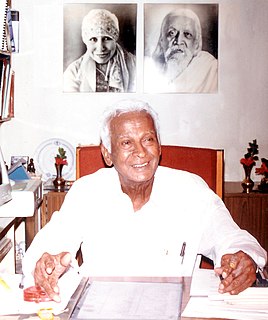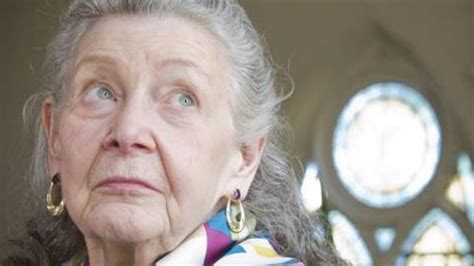A Quote by Yehuda Berg
The biggest breakthroughs in consciousness occur when things are difficult; when we have a choice to fall to the worst of ourselves or rise to the best of ourselves.
Related Quotes
Sometimes it’s a sort of indulgence to think the worst of ourselves. We say, ‘Now I have reached the bottom of the pit, now I can fall no further,’ and it is almost a pleasure to wallow in the darkness. The trouble is, it’s not true. There is no end to the evil in ourselves, just as there is no end to the good. It’s a matter of choice. We struggle to climb, or we struggle to fall. The thing is to discover which way we’re going.
What nonsense it is, this desire to be without limitations, this wish always to be seen in the most flattering light. We are anxious, not because we think so little of ourselves, but because we think so much of ourselves. We are anxious, not that we may appear in the worst light, but that we may not appear in the best light. Anxiety is born of self-consciousness, and it is alleviated to the exact extent that we can drop consciousness of the self.
The world has witnessed the rise and fall of monarchy, the rise and fall of dictatorship, the rise and fall of feudalism, the rise and fall of communism, and the rise of democracy; and now we are witnessing the fall of democracy... the theme of the evolution of life continues, sweeping away with it all that does not blossom into perfection.
It is difficult to see ourselves as we are. Sometimes we are fortunate enough to have good friends, lovers or others who will do us the good service of telling us the truth about ourselves. When we don't, we can so easily delude ourselves, lose a sense of truth about ourselves, and our conscience loses power and purpose. Mostly, we tell ourselves what we would like to hear. We lose our way.
According to the true Indian view, our consciousness of the world, merely as the sum total of things that exist, and as governed by laws, is imperfect. But it is perfect when our consciousness realizes all things as spiritually one with it, and therefore capable of giving us joy. For us the highest purpose of this world is not merely living in it, knowing it and making use of it, but realizing our own selves in it through expansion of sympathy; not alienating ourselves from it and dominating it, but comprehending and uniting it with ourselves in perfect union.
The easiest thing to do is to rag on the media, because it isn't doing a very good job right now. It is so much easier to profit from celebrating the worst aspects of ourselves. Acting strikes me as the antithesis of that. We can examine the worst aspects of ourselves, but we don't have to celebrate them.
Today, the biggest challenge we must meet is the one we present to ourselves. To not become a nation that places entitlement ahead of accomplishment. To not become a country that places comfortable lies ahead of difficult truths. To not become a people that thinks so little of ourselves that we demand no sacrifice from each other.






































